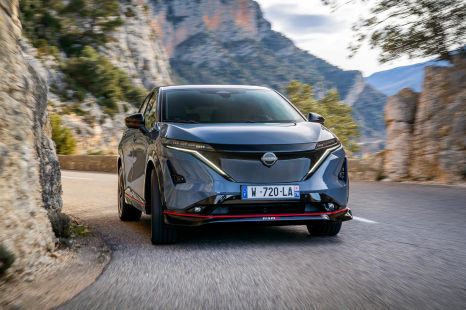
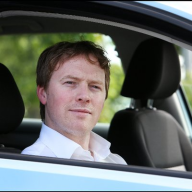
Shane O'Donoghue
2025 Nissan Ariya Nismo review: Quick drive
6 Days Ago
Mercedes-Benz says it will continue to offer V8 and V12 engines, and is working on a new-generation electrified V8 powertrain for AMG models.

News Editor
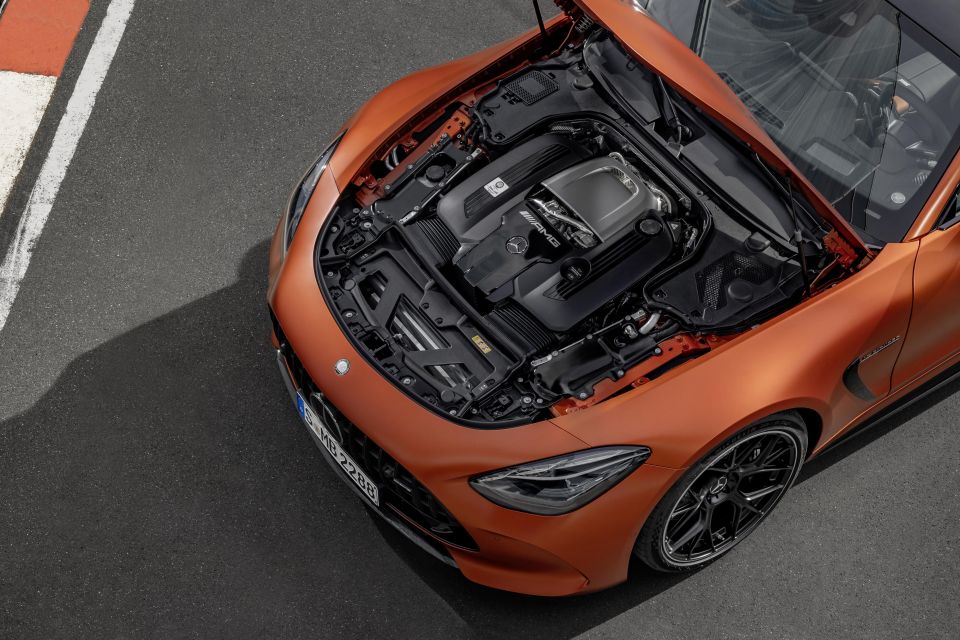

News Editor
The future of combustion-powered performance at Mercedes-Benz is looking brighter than it was a few years ago.
The company has confirmed it has a “full range of future-proof [Euro 7 emissions standards] ready engines and transmissions ranging from four to eight cylinders”.
Eight cylinders not enough? Well, Mercedes-Benz says that in “selected” markets it’ll continue to offer 12-cylinder engines, though it hasn’t said which markets these will be.
It currently offers just one 12-cylinder vehicle here, the Mercedes-Maybach S680. This flagship luxury sedan doesn’t have direct competition from BMW or Audi, with production of the V12-powered M760Li xDrive ending in 2022 and Audi phasing out the W12 option from its A8 in 2018.
Hundreds of new car deals are available through CarExpert right now. Get the experts on your side and score a great deal. Browse now.
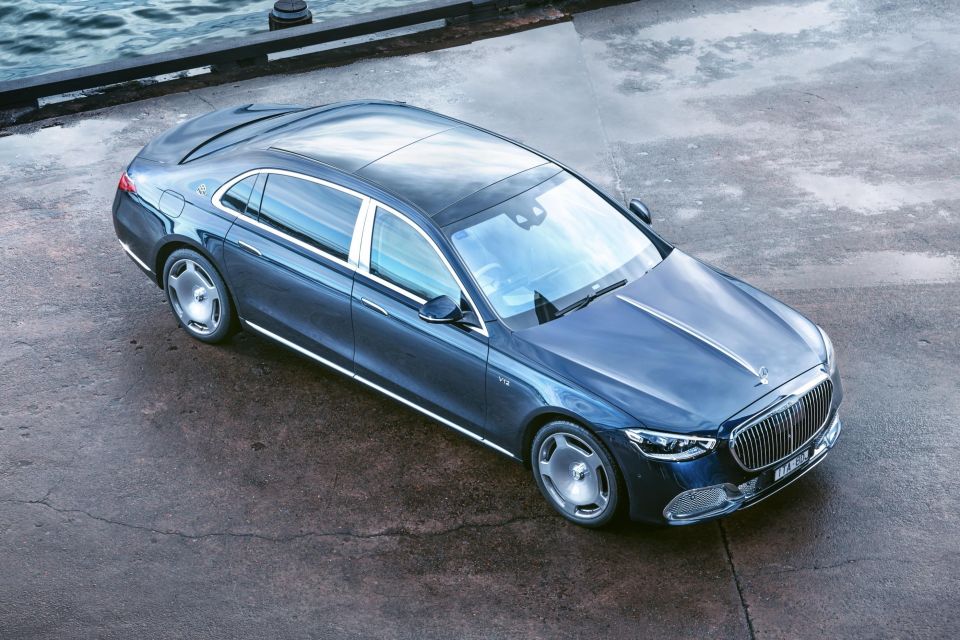
Mercedes-Benz won’t just put high-output engines in luxurious cruisers, either.
Performance division Mercedes-AMG will have a “heavily refreshed” model lineup from 2026 onwards, which will include a “next-generation, high-tech electrified V8 and dedicated high-performance electric models based on AMG.EA”.
This suggests AMG.EA is still planned to exclusively underpin both high-performance EVs, unlike the upcoming VAN.EA commercial vehicle architecture which was recently confirmed to be getting a VAN.CA variant for combustion-powered models.
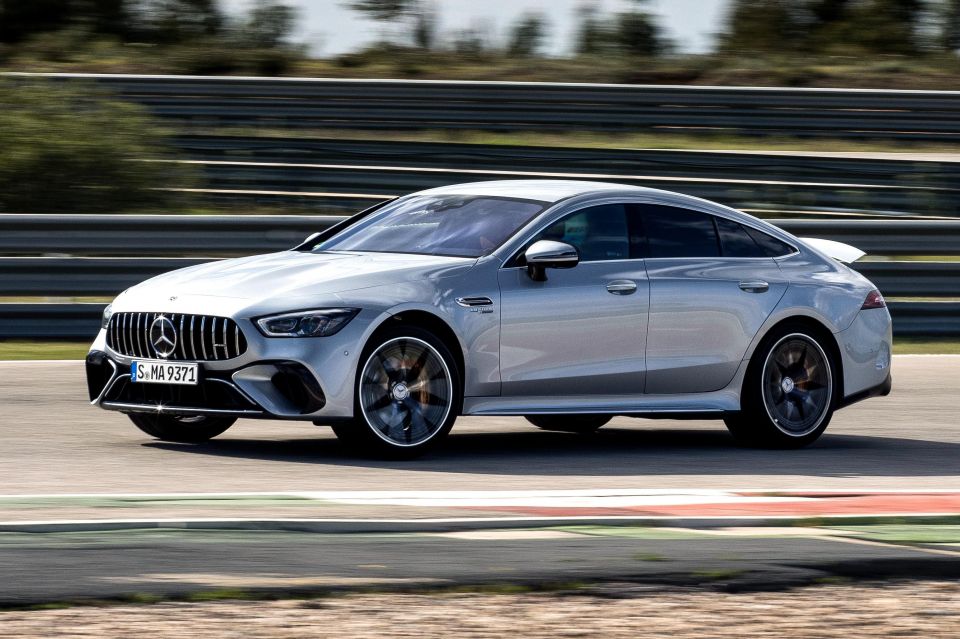
Confirmation of a new “high-tech electrified V8” means we could expect to see more plug-in hybrid V8s within the Mercedes-AMG lineup. It recently launched PHEV V8 versions of its GT and GT 4-Door Coupe.
However, it dropped the V8 from its C63 and GLC63 lines with their latest generations, moving to a four-cylinder plug-in hybrid, with the next-generation E63 rumoured to be moving to a six-cylinder powertrain.
Mercedes-Benz isn’t the only German brand rolling out PHEV V8s, with BMW also offering such a powertrain in its M5 and XM.
The three-pointed star brand softened its electric vehicle (EV) goals early in 2024, announcing it would delay its target for EVs to account for 50 per cent of its global vehicle sales from 2025 to 2030.
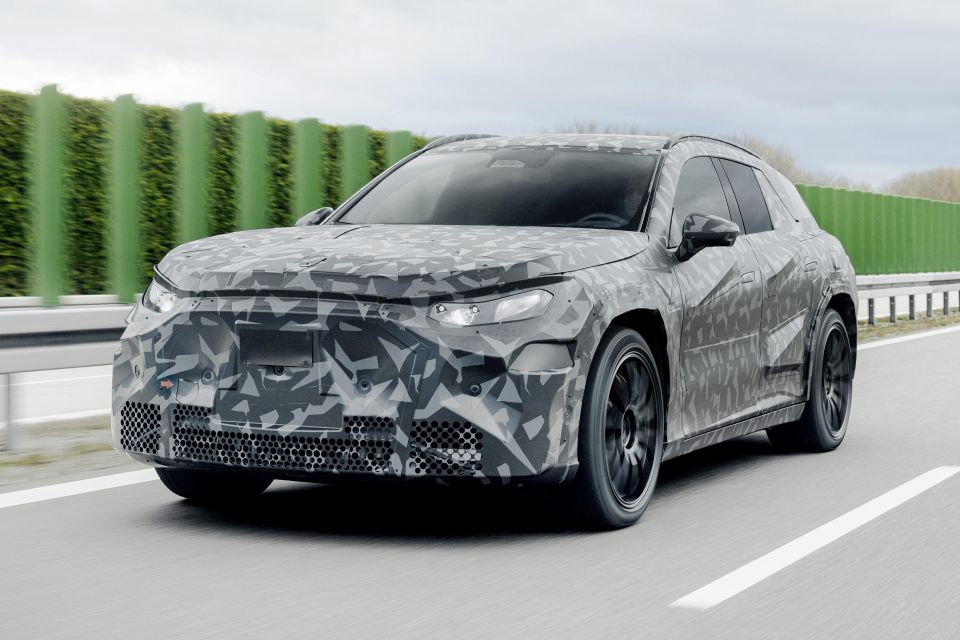
However, there is yet another caveat, with the carmaker now including sales of plug-in hybrids – which can drive limited distances on solely electric power – in its 2030 target.
Mercedes-Benz will continue to launch and produce both petrol and diesel-powered vehicles alongside EVs for the foreseeable future, reportedly delaying plans made in 2021 to only roll out zero tailpipe emissions models from 2025. It’s unclear when this cutoff will move to.
The Stuttgart-based brand had also previously announced in 2021 its intention to go fully electric by 2030, but only in markets which supported the move, without announcing specific regions where it planned to phase out petrol and diesel cars.
William Stopford is an automotive journalist based in Brisbane, Australia. William is a Business/Journalism graduate from the Queensland University of Technology who loves to travel, briefly lived in the US, and has a particular interest in the American car industry.


Shane O'Donoghue
6 Days Ago
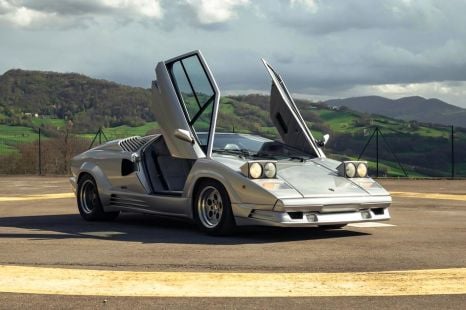

Anthony Crawford
5 Days Ago


Matt Campbell
4 Days Ago


James Wong
3 Days Ago


Max Davies
2 Days Ago
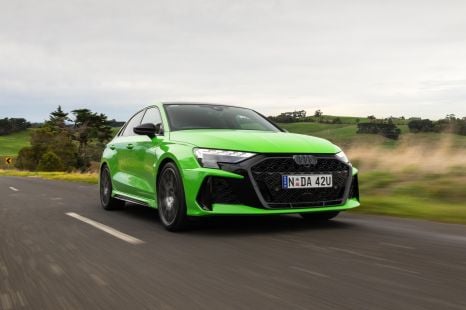

Josh Nevett
14 Hours Ago